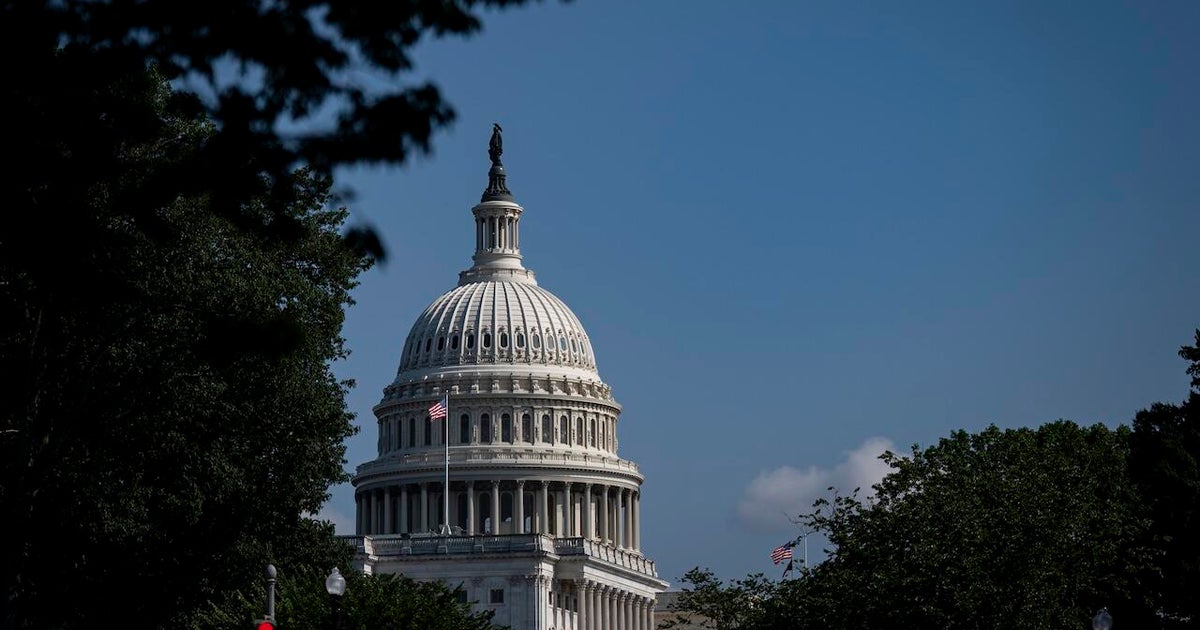Submitted photo
Sen. Shelley Moore Capito said her office has heard from multiple West Virginia organizations and individuals who are confused by the federal grant freeze.
CHARLESTON — U.S. Sen. Shelley Moore Capito said she believes that a federal grant assistance freeze now under a court-ordered pause has been rescinded, acknowledging that the move earlier this week created much uncertainty.
“We heard from a lot of people from West Virginia very uncertain as to what this means in terms of nonprofits, educational institutions, the state, et cetera,” said Capito, R-W.Va., to reporters on a virtual briefing from Capitol Hill.
The White House announced Wednesday that a memo issued Monday night by the Office of Budget and Management ordering a temporary freeze on all federal grant program expenditures was rescinded following an uproar over the broadness of the order which is also under an administrative stay.
According to the memo, federal agencies were to review all financial assistance to ensure those programs are not funding diversity, equity and inclusion (DEI) initiatives, former President Joe Biden’s environmental programs, transgenderism, or other “social engineering” policies. The freeze was not to affect Social Security, Medicare, or other direct assistance to individuals.
The freeze was supposed to go into effect Tuesday, but U.S. District Judge Loren L. AliKhan issued an administrative stay, pausing the federal freeze until Monday, Feb. 3. A separate federal court is considering a possible injunction to block the freeze further.
“Right now, we are operating under the assumption that the OMB memo has been withdrawn and that money is still moving out,” Capito said. “I think (OMB) did enumerate in that memo… that it would not affect anybody’s individual payments, so that would be Medicaid or Social Security or veterans or things of that nature.”
The freeze came a week after President Donald Trump issued an executive order to pause disbursement of funds appropriated through the 2022 Inflation Reduction Act or the 2021 Infrastructure Investment and Jobs Act.
The order requires all federal agencies to submit a report to the OMB and the National Economic Council within 90 days reviewing all processes, policies, and programs for issuing grants, loans, contracts, and other items connected to the two laws to ensure the funding doesn’t violate other sections of the executive order. That pause remains in effect, including freezes of funding foreign aid and DEI programs.
“I do believe it is worthy for the President to look at the spending,” said Capito, a member of the Senate Appropriations Committee and the new chair of the Senate Labor, Health and Human Services, Education, and Related Agencies Appropriations Subcommittee. “He said and enumerated that he’s looking at the DEI and Green New Deal kinds of spending. I think they are sharpening their pencils now to look at those particular areas within the government.”
The White House has since accused national media of creating an unwarranted panic over the OMB memo, though reporting from The Atlantic Wednesday confirmed that the OMB failed to get prior White House approval to release the memo, catching the Trump administration unaware. Additional reporting from The Hill Thursday stated that the White House rescinded the memo after Republican U.S. Senators expressed private outrage over the memo and the confusion it caused.
According to Federal Funds Information for States, West Virginia received a total of $7.2 billion in federal grants in fiscal year 2023. Of that, 40% was for non-Medicaid programs, or $2.9 billion, which funds highway and surface transportation projects, state education programs and free/reduced school lunch, adoption assistance, and Temporary Assistance for Needy Families (TANF).
Federal grants benefit a larger number of West Virginians, from community development block grants to local communities, to nonprofits that serve as pass-through entities for federal funding to low-income families.
“I think that that is difficult for organizations…that are fully granted or have huge federal funding,” Capito said. “Sometimes organizations have to pull the money down. In other words, they spend it and then they pull the money down. If you can’t pull the money down and you’ve already spent it in anticipation of that, that’s a huge problem.”
Capito said she believes Trump is within his rights to approve a temporary pause of federal funding to review those programs to ensure they are meeting with public policy goals. But she did say a permanent freeze of spending already approved by Congress could create constitutional issues.
“There is a big question here even constitutionally as to whether he can do this in certain instances,” Capito said. “If you look at what the money that has been appropriated by the Congress, the Congress has the power of the purse and the appropriation power… Is he permitted to do that as the executive? I think that’s a well-grounded debate.”


